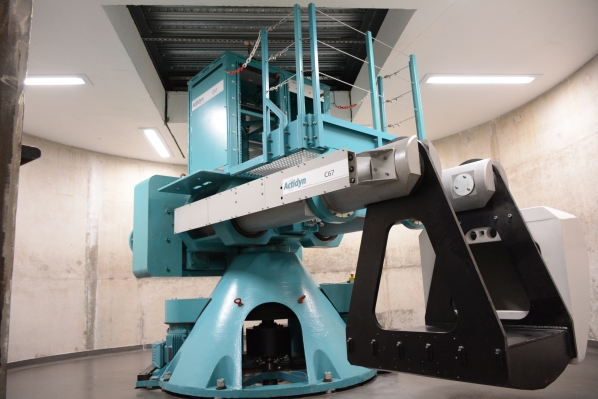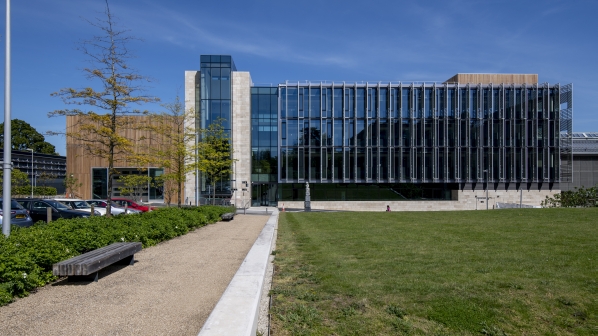The agreements have been signed with the universities of Southampton, Birmingham, Sheffield, Huddersfield, Newcastle, Nottingham, Heriot Watt and Loughborough, which are all part of the UK Rail Research and Innovation Network (UKRRIN), a partnership between the rail supply industry and universities to establish Britain as a world-leading centre of excellence.
The announcement was made as NR chief executive, Mr Andrew Haines, opened the National Infrastructure Laboratory (NIL) at the University of Southampton on September 27. Haines said the company wants to expedite the process of developing innovation from idea to track in order to produce a more reliable and resilient railway.
“We know that, above all, passengers want a reliable railway and to be looked after when things don’t go to plan,” Haines says. “Our railway is growing, but it’s congested and ageing, and we’re also dealing with more frequent incidents of extreme weather. We quickly need ideas and technology to help us meet these challenges.
“Universities are a critical source of innovation for the rail infrastructure of the future, and a stronger relationship allows us to come up with faster, better solutions than we could ever do without their support.”

The NIL provides major new facilities, including a large structures testing lab that can simulate hundreds of thousands of trains over a section of track, measured in just a few days, and a geotechnical centrifuge that compresses timescales by increasing gravity, and means whole-life service of components can be simulated in a matter of hours.
“The laboratory will increase our ability to keep trains running in the face of extreme weather, reduce infrastructure failures and downtime for repairs, and reduce the cost to the taxpayer of maintenance,” Haines says. “It will make it easier to test new ideas, realistically test the demands of heavy rail use, and speed up the delivery of essential improvements.
“I’m looking forward to seeing the developments that come out of this and other partnerships, as we work together to give passengers the service they expect and deserve.”
“Our new facilities, which will be open to researchers from around the world, will support research to ensure that our infrastructure is affordable, adaptable, resilient and transformational,” says professor of geotechnical engineering at the University of Southampton, Mr William Powrie. “Our research in rail infrastructure has underpinned innovation and design improvements for several years. This new investment by NR will accelerate customer focused improvements in performance, cost-efficient design and carbon neutral construction.
“Decarbonisation of the infrastructure and the way we use it, to help avert the climate catastrophe, will be a major goal.”

